ABA therapy boosts your child's communication skills through tailored strategies that meet their unique needs. It uses positive reinforcement to encourage effective communication, helping your child express themselves confidently. With techniques like clear, simple language and visual supports, your child learns to understand and engage better. Individualized plans reflect their specific goals and adjust as they progress. Also, social skills development plays a key role, as children practice sharing and initiating conversations. Overall, ABA therapy fosters stronger connections with both peers and you. You'll find even more insights on how this approach can transform communication in your child's life.
Key Takeaways
- ABA therapy enhances communication skills through tailored interventions that focus on each child's unique strengths and challenges.
- Positive reinforcement encourages and motivates children to communicate more effectively by celebrating their successful attempts.
- Clear and simple language, along with modeling, aids children's understanding and encourages appropriate communication behaviors.
- Visual supports, such as picture cards, provide additional resources to help children express themselves and comprehend language better.
- Regular assessments and open communication between parents and therapists ensure that goals are met and strategies are adjusted as needed.
Understanding ABA Therapy
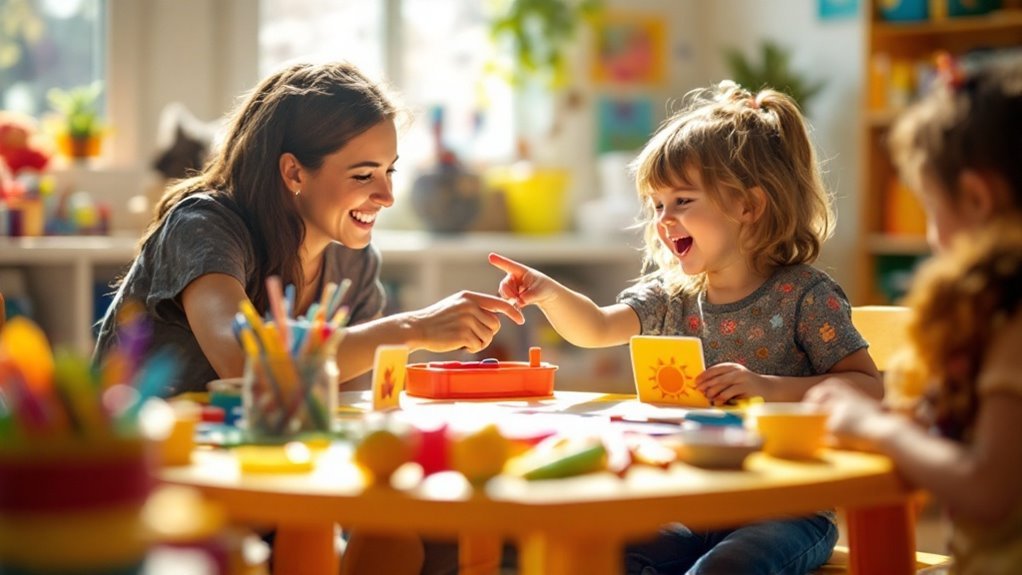
When it comes to helping children with communication challenges, understanding ABA therapy can make a significant difference. Applied Behavior Analysis (ABA) is a structured approach that focuses on improving specific behaviors, including communication skills. You might be wondering how this therapy can help your child. ABA uses positive reinforcement to encourage desired behaviors, which can foster better communication.
Through careful observation and tailored interventions, ABA therapists identify your child's unique strengths and challenges. They work closely with you and your child to create a personalized plan that targets communication goals. This approach not only supports children in developing essential skills but also builds their confidence as they learn to express themselves more effectively.
ABA therapy is particularly valuable because it emphasizes measurable progress and adaptability. As your child masters new communication skills, the program adjusts to keep them challenged and engaged.
You'll likely find that this method not only enhances your child's ability to communicate but also strengthens the bond between you. Understanding ABA therapy opens doors to new possibilities, giving you and your child a sense of belonging in a world where effective communication is crucial.
Key Communication Techniques
Effective communication techniques form the backbone of successful ABA therapy for children. These techniques help your child express their thoughts and needs more effectively, fostering a sense of connection and understanding.
One key approach is the use of clear, simple language. When you communicate with your child, using short sentences and familiar words makes it easier for them to grasp what you're saying.
Another technique is modeling. By demonstrating appropriate communication behaviors yourself, you provide a live example for your child to mimic. For instance, when asking for something, show them how to use words or gestures instead of just pointing.
Positive reinforcement plays a critical role, too. When your child successfully communicates, celebrate their efforts with praise or rewards, reinforcing their desire to engage.
Visual supports, like picture cards or charts, can also enhance understanding and expression. They provide tangible cues that help your child connect words with meanings.
Finally, patience is essential. Allow your child the time they need to process and respond. By employing these techniques consistently, you'll create a nurturing environment where your child feels secure and motivated to improve their communication skills.
Individualized Treatment Plans
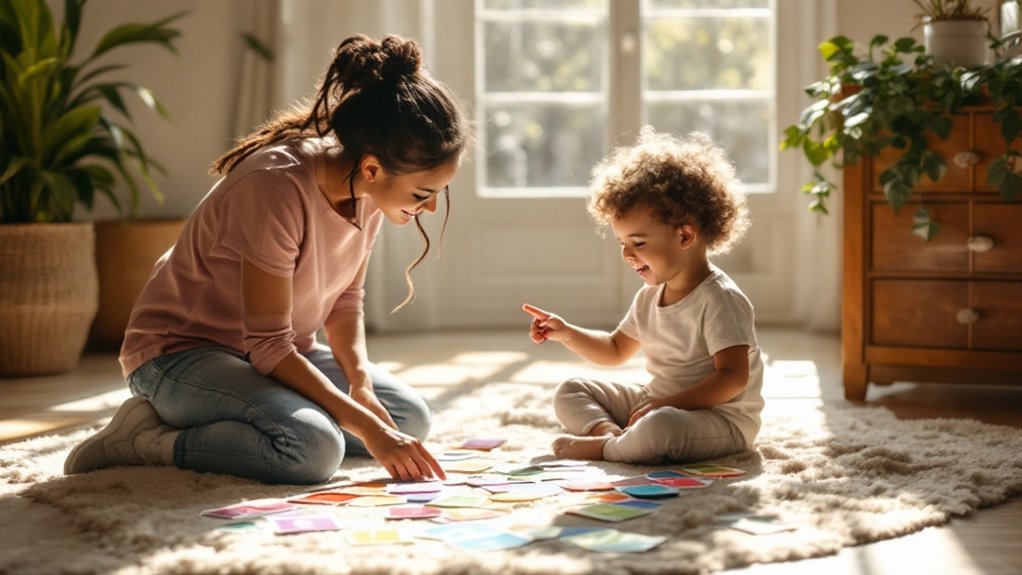
Creating an individualized treatment plan is essential for addressing the unique needs of each child in ABA therapy. You know your child better than anyone, and this plan reflects their specific strengths, challenges, and communication goals. By tailoring the therapy to fit your child's requirements, you empower them to make meaningful progress.
An individualized plan begins with a thorough assessment. This involves observing your child in different settings and gathering input from you and other caregivers. The insights you provide help therapists understand your child's preferences, interests, and communication styles, ensuring the therapy is engaging and effective.
Once the assessment is complete, the team collaborates with you to set realistic, achievable goals. These goals are designed to enhance your child's communication skills through targeted interventions. The plan is flexible, allowing for adjustments as your child grows and develops.
You're not alone in this journey. Regular check-ins and open communication with your therapist create a supportive environment where you can share your thoughts and concerns. Together, you'll celebrate successes and adapt the plan as needed, fostering your child's growth and confidence in their communication abilities.
Social Skills Development
Building on the individualized treatment plans that cater to your child's unique needs, social skills development plays a significant role in fostering communication and interaction with peers. Through Applied Behavior Analysis (ABA) therapy, your child learns essential skills like sharing, taking turns, and initiating conversations.
These skills not only enhance their ability to connect with others but also help them feel more included in social settings. As your child practices these skills in a structured environment, they gain confidence.
You'll notice them engaging more with classmates during group activities or initiating playdates. This progress is rewarding for both you and your child, as it opens doors to friendships and belonging.
ABA therapy often incorporates role-playing and social stories, making learning fun and relatable. By addressing specific social scenarios, your child can better understand social cues and appropriate responses.
Over time, these skills will translate into real-world interactions, making social situations less intimidating.
Parent Involvement Strategies
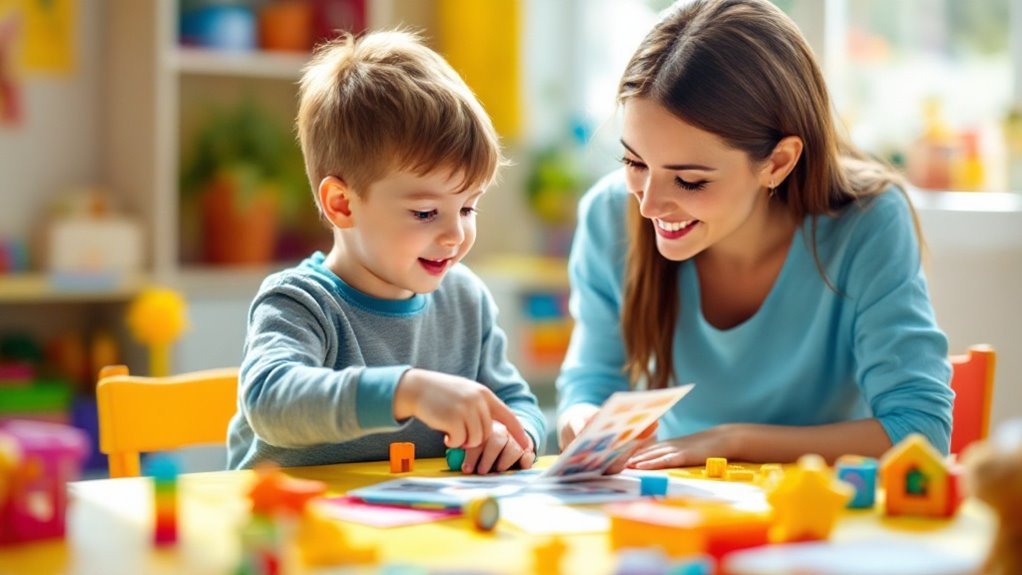
Involving parents in their child's ABA therapy can greatly enhance the effectiveness of communication skills development. You play a significant role in your child's journey, and your involvement can create a supportive environment that fosters growth.
Start by collaborating with your child's therapist to understand specific goals and strategies. This way, you can reinforce lessons at home, helping your child practice new skills in a familiar setting.
Consider setting aside dedicated time each day for practice. Use everyday situations—like mealtime or playtime—to encourage communication. Celebrate small victories, as positive reinforcement boosts your child's confidence and motivation.
Don't hesitate to ask questions and share your observations with the therapist; your insights can provide valuable context.
Additionally, be patient and empathetic. Remember, progress takes time, and every child develops at their own pace.
Involving yourself in community support groups can also be beneficial, as sharing experiences with other parents can provide encouragement and new ideas.
Measuring Progress and Success
Tracking your child's progress in ABA therapy is essential for understanding their growth in communication skills. You want to feel confident that the strategies being used are effective, and regular measurements can provide that reassurance. ABA therapy often employs specific metrics, like frequency counts of communication attempts or the number of new words your child uses. By keeping track of these metrics, you can see tangible improvements over time.
It's also helpful to maintain open communication with your child's therapist. They can provide insight into your child's progress and share successes that mightn't be immediately apparent at home. Celebrate those little victories together!
Additionally, consider keeping a journal to document your observations. Recording changes, no matter how small, can help you appreciate the strides your child is making.
Frequently Asked Questions
Can ABA Therapy Help With Non-Verbal Communication Skills?
Absolutely, ABA therapy can greatly enhance non-verbal communication skills. By using tailored strategies, you'll see your child develop essential gestures, expressions, and social cues, fostering deeper connections and increasing their confidence in interactions.
How Long Does It Take to See Communication Improvements?
You might start noticing communication improvements within a few weeks of ABA therapy, though significant progress often takes several months. Consistency and patience are key, so celebrate small victories along the way to keep motivated.
Is ABA Therapy Suitable for All Children With Communication Challenges?
ABA therapy can be beneficial for many children with communication challenges, but it's not one-size-fits-all. Assess your child's unique needs and consult professionals to determine if it's the right fit for them.
What Qualifications Should an ABA Therapist Have?
When seeking an ABA therapist, look for relevant qualifications like a master's degree in psychology or behavior analysis, certification from the Behavior Analyst Certification Board, and experience with children. Your child deserves the best support possible.
Are There Any Risks Associated With ABA Therapy?
Yes, there can be risks with ABA therapy, including potential frustration or stress for your child. It's essential to choose a qualified therapist who prioritizes your child's emotional well-being and tailors the approach to their needs.
Conclusion
In summary, ABA therapy can greatly enhance your child's communication skills, helping them connect with others and express their needs effectively. By focusing on individualized treatment plans and engaging strategies, you'll see progress in their social interactions and confidence. Remember, your involvement is essential in this journey. Celebrate the small victories together, and stay committed to fostering their growth. With patience and dedication, you can make a meaningful difference in your child's life.
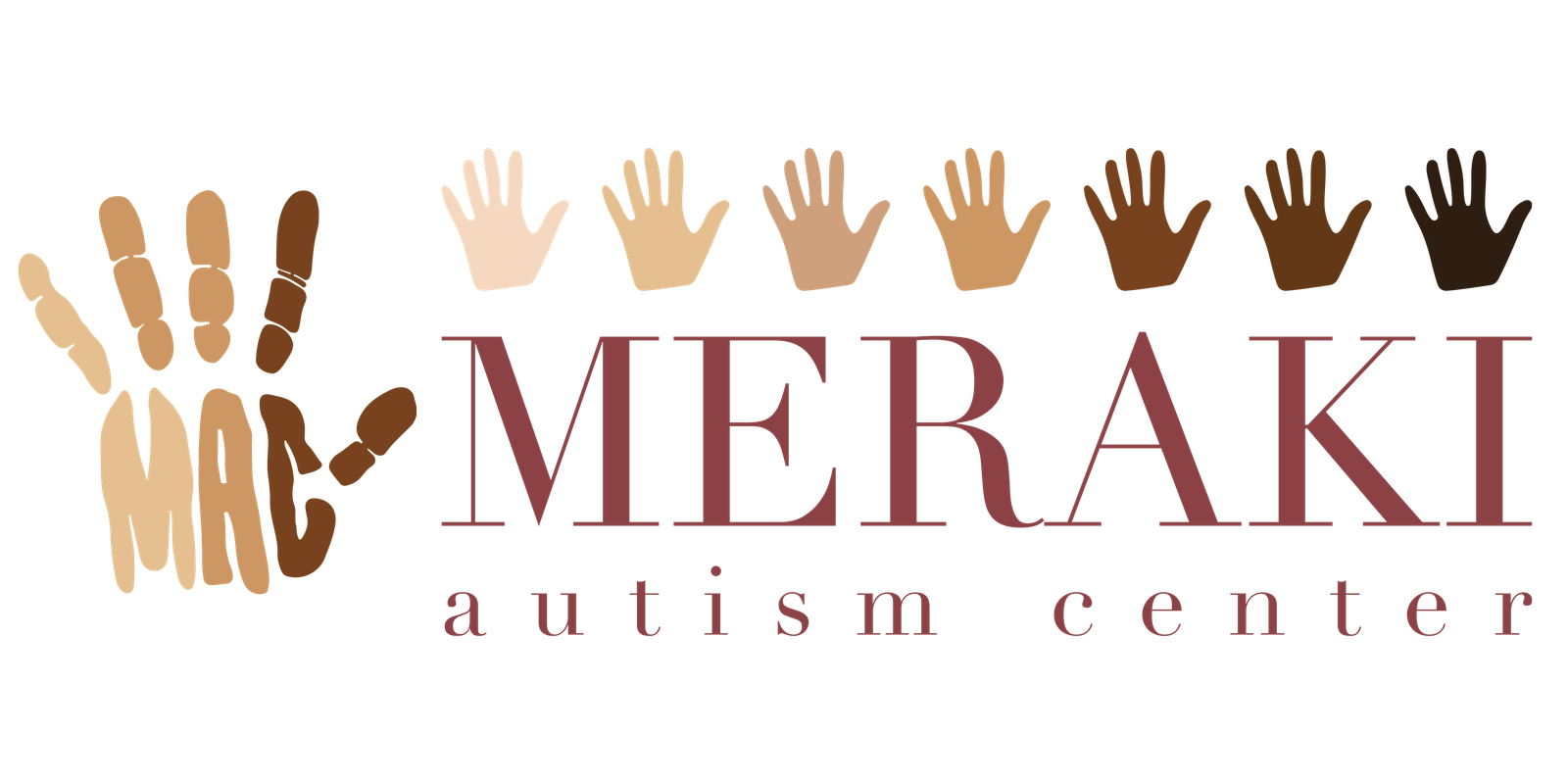




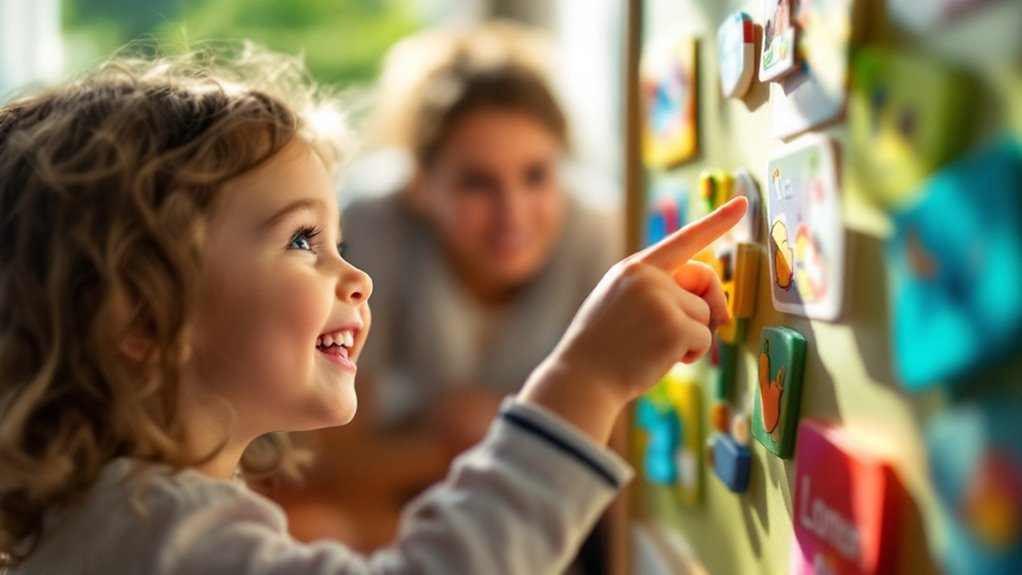



0 Comments